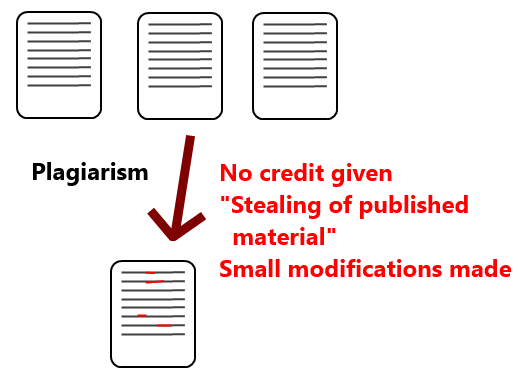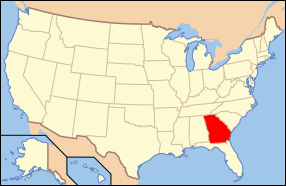August 12, 2015
Dear Professor Bottai and Peers:
Five weeks have gone by and unfortunately the course is drawing near its conclusion. Viewing various types of texts and determining their overall effectiveness has opened my mind to the world of writing. While in high school, I matured as a writer every year that went by and as time progressed, so did the strength of the skills I acquired. This course, in particular, helped incorporate those skills to be able to write in a different perspective. After the first week I was already able to carefully analyze scientific texts. The extent of this knowledge was imperative to aiding my growth not only as a student, but as a person. Using the university’s library database was the most critical tool at my disposal. It enhanced my ability to learn about ways to research different controversial topics. Constantly revising projects helped improve my writing style and effectiveness of appealing to an audience. I grasped the concept of producing work without explicitly expressing my own personal beliefs. The challenges presented in this course is the foundation for the future ahead of me. The fast approaching deadlines required projects to be published within a specific time constraint and consequently, this has pushed me harder than ever before.
In my first blog post, I was asked to state my writing process and how my perspective has changed throughout the course. To help express my process from the first few days of class, here is a quote from my blog post titled, “Revisiting My Writing Process”, in which I wrote, “As this course comes to an end, I would consider my writing process to equally be a sequential composer and a heavy reviser” (My Blog Post #52). Surprisingly, my writing process has not changed from the start of class. Procrastination is and will not be a part of my work regimen. One process that I want to shift my focus, is spending more time planning out my work prior to writing it. Transitioning from high school to college has been an eye-opening process. Work completed this summer has given me the opportunity to learn in an online setting more than ever before.
In high school I never deeply analyzed sources that I would use in my writing. This course has given the unique opportunity to view numerous journals, articles, and websites. As a result, I gained a much needed improvement to my ability to interpret what authors use in their work and incorporate those skills into my own work. As an example, the research done in my first project’s annotated bibliography included ten sources which helped me produce the work I needed to successfully analyze a controversy. Annotated bibliographies were never a requirement for my previous English courses and it is a shame they were not. They may not seem necessary for some individuals, but for me they simplified the process of completing my project by not having to struggle to search for information in each source.
Two of the four objectives of this course in which I believe I did not execute as well as I planned were rhetorical awareness and conventions. Although I progressed in my ability to include rhetorical awareness in my work, improvements still need to be made of the way I adapt to a specific convention in a particular genre and appeal to readers who have experience viewing the genres. With more practice in writing, I will have an easier time understanding strategies that are used in various texts. One crucial strategy is identifying a purpose that appeals to an audience. One of the objectives in which I encountered less issues was utilizing the essential skills learned from previous courses to critically think about a topic I am researched. This type of thinking made the process of composing my own writing much easier. Reflections of my own work presented invaluable experiences that can be used in the years of work ahead of me.
My approach to writing either blogs or major projects included similar situations. I briefly planned out what I would write and then move on to sequentially composing individual parts of the work. Revision was a key process to success in this course. Without careful revision, I do not believe I would have gotten the results that I did. The peer review process was the cornerstone of the revision process. My job as an editor and more importantly, your job as the peer reviewer significantly helped me when the time came to publish the final versions of my projects. Rather than be insulted at your comments, I viewed them as favors. Consequently, your reviews paved the way for the completion of work, and I thank you for that.
The first few days of this course truly opened up my eyes in terms of what a heavy workload is. While in high school school, none of the college courses I took were English courses. As a result, I never had an idea of how much work needs to put in to successfully power through a course such as this one. There have always been times where I have faced difficulties in my English courses. Not until last year, and this class in particular, did I begin to realize that there is no point in complaining about the type of work I am given and how much work I need to complete in order to get the highest possible grade. Instead, I took it upon myself to frame the thought into my mind that by working to the best of my abilities, good results will ensue.
What this course has done for me is something I have never seen in school before. To be able to say that I have completed an honors English college course over the summer and take one with such bright-minded individuals, is a thought that I never envisioned. The knowledge gained from this course will not only help me complete my college coursework, but will be the reason why I will have success in my writing in the future. I want to personally say that this journey has been a tough one for me, but it only marks the beginning of a long and tedious experience. Regardless of what you brilliant individuals go on to do in your lives, just remember one thing, BEAR DOWN!
Yours Sincerely,
Brandon Goldenberg













